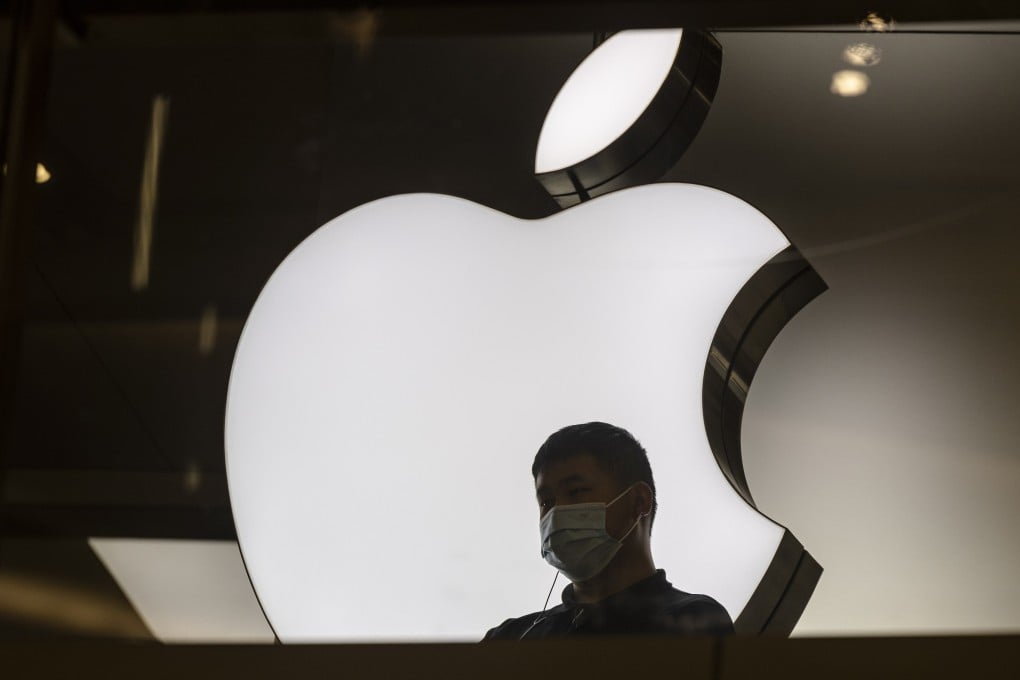Apple suppliers in China buffeted by report that US tech giant is cutting iPhone, AirPod production targets
- Apple has decided to lower production of the iPhone SE by 20 per cent below an original target for the June quarter, according to Nikkei report
- Analysts say it is important that Chinese suppliers to Apple diversify their client base in the future to mitigate over-reliance concerns

A report that Apple is cutting production of its iPhones and AirPod headphones due to the war in Ukraine has sent fresh jitters through its supplier network in China, adding to the uncertainty for a value chain already threatened by Covid-19 lockdowns.
Two of Apple’s listed suppliers in China, GoerTek and Luxshare Precision, saw their share prices nosedive on Tuesday after Nikkei reported that Apple had decided to cut production in the next quarter amid uncertainties around the conflict in Ukraine.
Apple has decided to lower production of the iPhone SE by 20 per cent below an original target for the June quarter, Nikkei reported on Monday, citing people familiar with the matter. The company has also reduced its AirPod orders by more than 10 million units for all of 2022, according to the report.
GoerTek, a maker of AirPods that relied on its “single largest client” for nearly half of its revenue in 2020, fell by the daily limit of 10 per cent, before the company was forced to make a statement that its production and operations remained “as usual”.
Luxshare, meanwhile, said its cooperation with clients remained “stable” when asked in an open investor relations session whether a “big client” had slashed orders.
Share prices of both companies rebounded on Wednesday, although they are still down about 30 per cent in 2022 amid investor concerns about the Apple value chain in China, which has been rocked by Covid-19 disruptions and rising geopolitical tensions.
Leading iPhone maker Foxconn Technology Group, for example, was forced to suspend operations at its Shenzhen factories for a few days this month after the southern Chinese city imposed a strict lockdown to battle a wave of infections caused by the Omicron variant of Covid-19. Its production base in Zhengzhou, the world’s largest iPhone assembly site, has been offering bonus and cash awards to woo workers amid labour shortages in China.